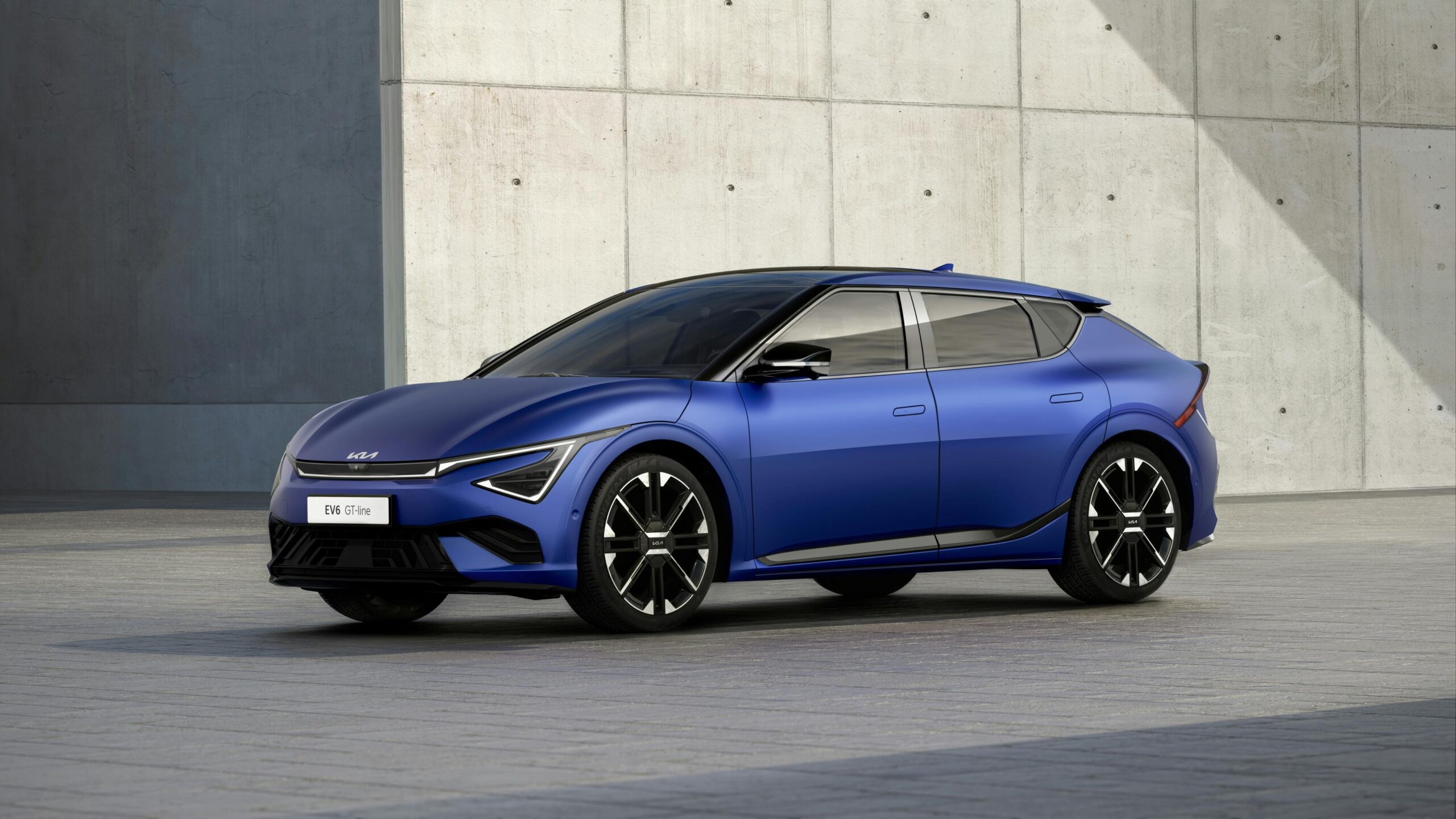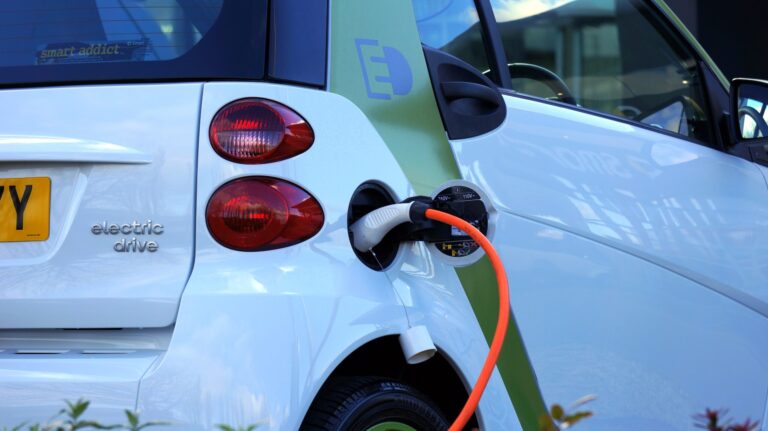100 EVs Have Exploded

One of the worries people have about EVs is that their engines will catch fire or explode. It rarely happens. After Hurricanes Helene and Milton, some EV engines burned when they were hit by salt water. There were only a few of these. However, the University of South Carolina said engines that come into contact with salt water should be considered a fire hazard.
For some reason that is still unclear, 100 EVs made by EV giant China’s BYD did explode. According to EV My Discussion, “A sudden explosion of a BYD EV reportedly launched the car about 5 meters into the air. Additionally, nearly 100 BYD vehicles were reported to have spontaneously combusted in a related incident.” This happened late last year. BYD did not release information about the problem.
Why Explosions Happen
Experts did give several reasons for the explosions. One is manufacturing defects. Another is improper battery management, and another is “external environmental factors” (which might include salt water).
Battery fires are not unheard of in the US. Two years ago, a Ford F-150 Lighting caught on fire. “An electric Ford F-150 Lightning caught fire on Feb. 4, 2023, due to a battery issue traced back to one of the automaker’s suppliers. The blaze spread to two other electric pickups in a holding lot of Ford’s in Dearborn, Michigan,” according to CNBC. The Lightning is Ford’s EV flagship.
Fires Are Rare
Although EV engine fires may be rare, they add to other concerns about EVs. These include range, number of charging stations, cost of new EVs, tire wear, and low charging rates in cold weather.
More from ClimateCrisis 247
- Wind And Solar Face Real Damage Under Trump Laws
- Europe Tesla Sales Plunge 40%
- There Are No Cheap Used EVs
- EV Sales Skyrocket, According To Study






